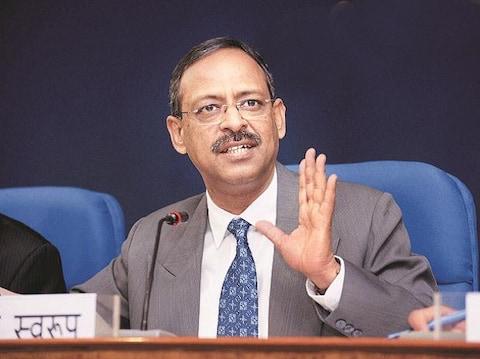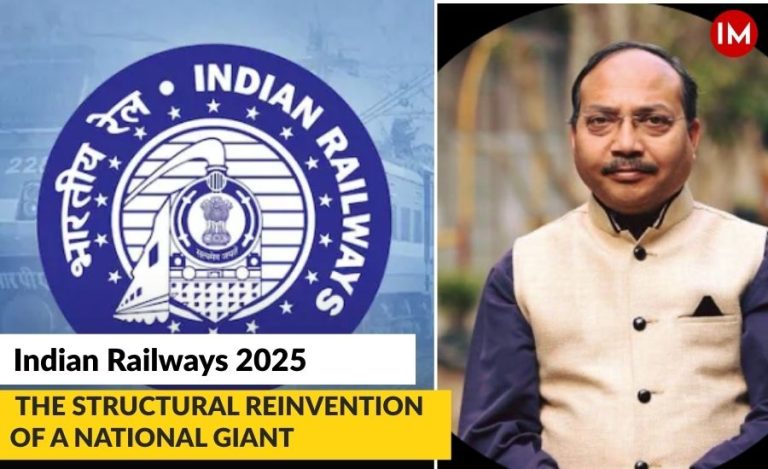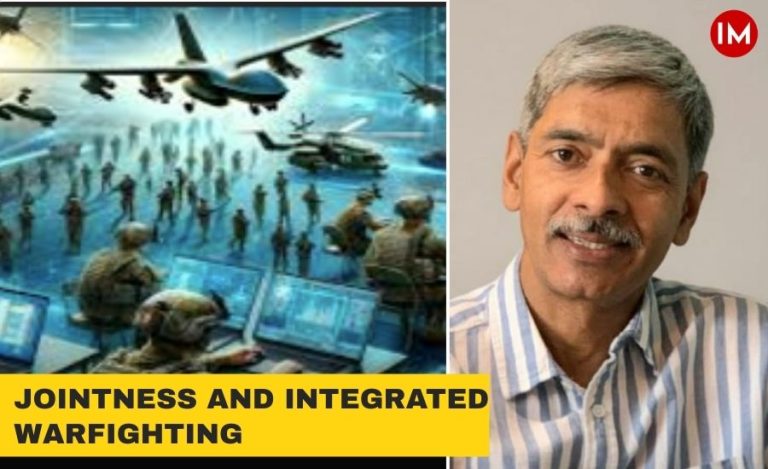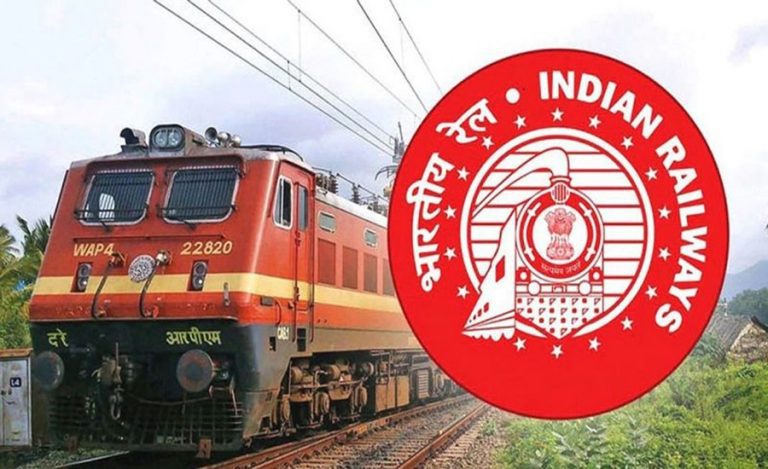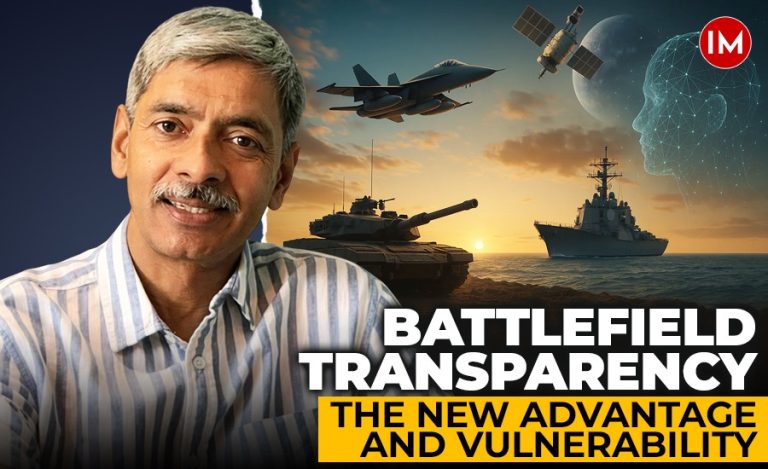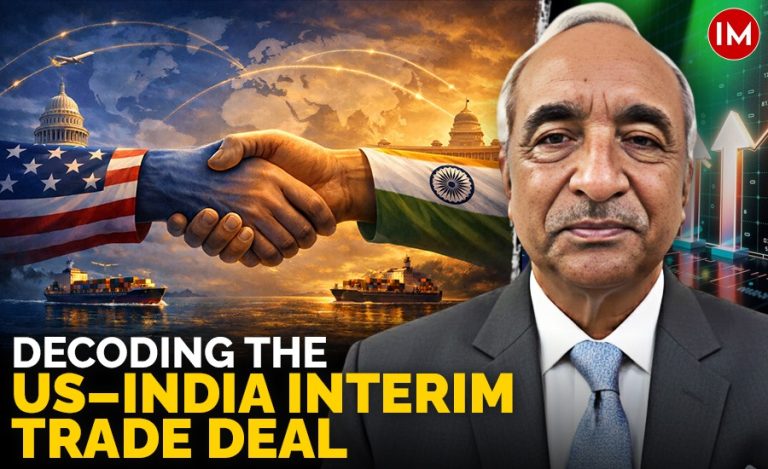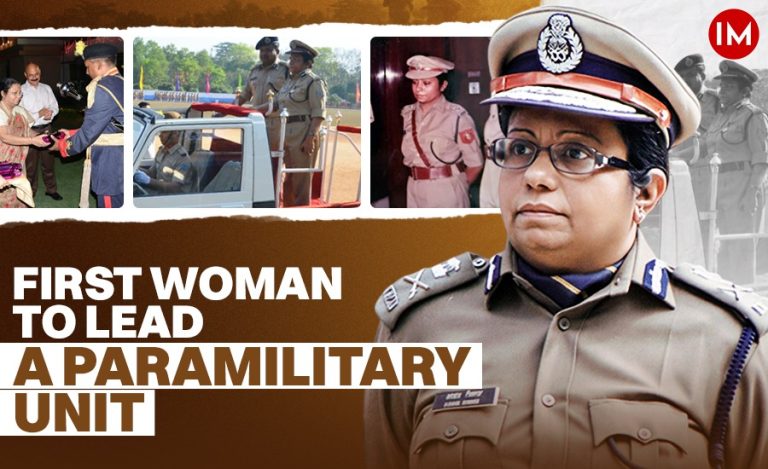Every time, I met the PM in a meeting or informally, his focus on technology was unwavering. He continues to emphasize the need of technology for driving the development of the country. Rightly so. It is therefore surprising that all Ministries in Government of India still haven’t taken even the rudimentary steps towards use of technology. Why do we see hard files on the tables of the officers and such files being carried around in the corridors of government offices?
My first brush with the technology came in 1991. I was District Magistrate, Lakhimpur-Kheri. This was by way of installing a photo-copying machine in the Record Room despite resistance form “interested” parties. This single technological intervention reduced the unavoidable drudgery of copying each document manually and, above all, eliminated “speed money” that was otherwise being paid to obtain a copy of land records. The possibility of manipulating documents was also eliminated. The story gets outlined in the chapter, “Copy That!” of my book, “Ethical Dilemmas of a Civil Servant”
Consequent to the aforementioned success, I continued to use technology in every subsequent assignment. It helped me and the institutions enormously. Technology enabled the launch and roll out of arguably the largest health insurance scheme (Rashtriya Swasthya Bima Yojana –RSBY) IN 2007. This scheme was not only cashless but was perhaps the first paperless scheme in the world. It was the first scheme in the country that provided portable benefits to the beneficiary.
The scheme benefitted millions of poor and came to be recognised world over and was selected as one of the social security schemes by UNDP and ILO for publication. It was the technological backbone of the scheme that enabled it to be cashless, paperless and portable. The Prime Minister’s Jan Arogya Yojana (PMJAY) has benefitted enormously from the lessons emerging out of RSBY.
Later in the year 2013 I was asked to head the Project Monitoring Group (PMG) to fast track large projects (Rs 1000 crore and above) that were stuck for want of clearances. It was a difficult time. Scams were breaking out and civil servants were averse to committing themselves on files. Technology came handy yet again. On this occasion it was to fast -track clearances.
A web-based programme was put in place. Any industry proponent could create his own login and password and upload their cases pertaining to a specific ministry and/or state. Simultaneously, each ministry was asked to designate a Joint-Secretary level officer as the nodal officer. Once the project was accepted for consideration by the PMG, the project details and the issues relating to the Ministry went automatically to the concerned nodal officers along with an automatic mailer. The nodal officer was mandated to provide the comments on the portal itself. These were then discussed in a tri-partite meeting so that status could be updated directly on to the portal.
Thus, the progress was transparently monitored clearly bringing out where the decision was stuck. Similar discussions were held at the state level. Use of technology to usher in transparency had startling results. In just fifteen months, projects worth more than Rs five lakh crore were cleared. What was even more interesting (perhaps with far reaching consequences) was that one Cabinet Minister lost her job for sitting on files.
When in 2014 I was tasked with managing the coal crisis, technology once again came handy. Anything that could have gone wrong had gone wrong with the sector. There was acute shortage of coal. There was a mad rush for acquiring coal mines some way or the other. This led to the alleged coal scam. The Supreme Court cancelled all the mines allotted since 1990s. The mines had to be allocated afresh through a bidding process.
Using technology, a two-stage online electronic process was put in place. The entire data base of coal mines (including Geographical Reports) was made available in electronic format to the bidders. The bidders could bid only for such mines whose documents they purchased online. In the first stage of the auction, an initial price offer (IPO) was to be submitted, along with the technical bid, on an e-auction platform in encrypted form. For the e-auction, the window was for 2 hours with the auto extending option of 8 minutes each till bids ceased within that period.
The coal block auctions clearly demonstrated that the transparent use of IT applications could help realising the “fair” value of natural resources. There was no complaint against any part of the process.
I could travel to the states and interact with the local functionaries both in the Ministry of Coal and the Department of School Education and Literacy because all files and papers had been digitized and I didn’t have to be present physically in the office to clear them. There was no pendency of files when I travelled as they could be cleared on the move. Much of what happened in both these sectors was on account of the interaction with the state level officials in the field. Coal production reached unprecedented levels by taking the states on board, by listening to them and by persuading them to play ball. This could not have been possible sitting in Delhi. I didn’t convene a single meeting of the states in Delhi during my two-year tenure as Secretary in the Coal Ministry.
Problems lie in the field and the senior officers of the Central Government have to travel down to the field to understand them and assist in their resolution. This is possible only if technology is used.
Technology can be a game changer in any sphere of governance. Artificial Intelligence will add further value. However, the problem is not with technology. Lot of it is available. The real problem is with the attitude of those that have to use it. Hence, there is a need to push it from the top. This is where Prime Minister Narendra Modi, who is fully convinced about the use of technology and its efficacy, needs to give a push.
Charity has to begin at home, as they say. Someone in the PMO needs to muster courage and tell the PM that the PMO needs to insist on receiving only digital files. Once this happens, the Ministries will have to digitize all the files. This would be the first but critical step towards use of technology to improve governance. This will also help the PM to assess the number of files, many of which relate to appointments at various levels, pending at the PMO. However, the million-dollar question is, who will tell the PM?

